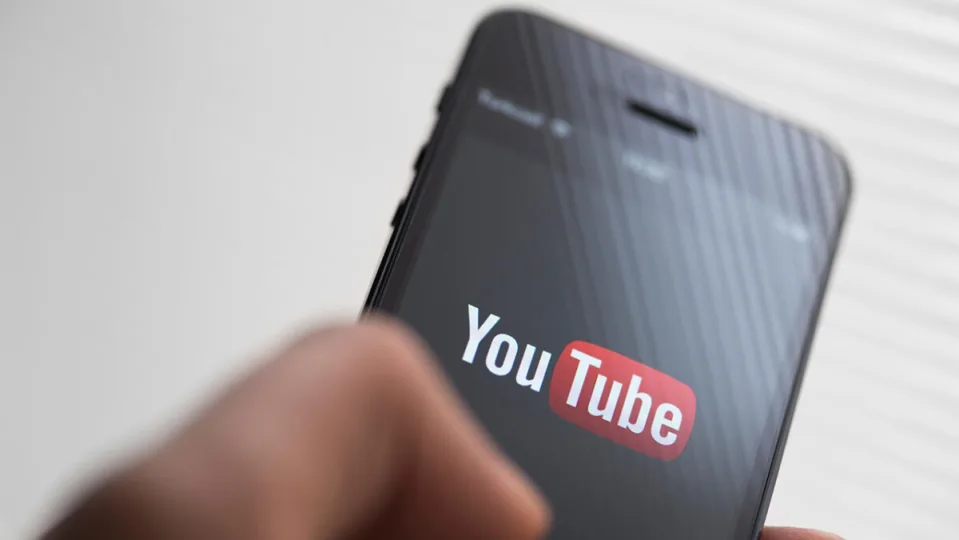Content creators will be able to swear again. Yes, as shocking as it may sound, YouTube implemented a new policy in November that restricted the use of swear words in videos and, through algorithmic detection and manual user complaints, went so far as to demonetize the videos of many content creators, who complained publicly.
In a video uploaded to the official Creator Inside channel, YouTube says it will ease the restrictions it put in place after reviewing data on how these new regulations were applied and finding that they “resulted in a stricter approach than we intended.” Although the restrictions will technically be relaxed and content creators will still be able to monetize their videos, they are still somewhat confusing, and do not fully reverse those previously put in place.
According to The Verge, YouTube’s new guidelines at the end of last year indicated that a video could be considered “not suitable for advertisers” (i.e. demonetized) if a swear word was included in the first 15 seconds. To make matters worse, if the content creator used many swear words throughout the video, the video could receive a strike (of the 3 necessary to suspend a user’s account permanently), and the change was retroactive, so the regulations also applied to videos uploaded before their implementation.
While not completely overturning the changes made in November, the new regulations would allow creators to continue to receive a percentage of ad revenue if they used “serious profanity” in the first 7 seconds of the video (previously, they would disable your video).
YouTube also states that “video content that uses profanity, moderate or strong, after the first seven seconds may be monetized unless it is used repeatedly for the majority of the video.” Under the previous regulation, videos in this situation were demonetized.
The changes came into effect on March 7, according to YouTube, which also clarifies that by March 10 it will have “reviewed again” all those videos that have lost part of the demonetization, and that it will also re-analyze those videos that have been completely demonetized.
These changes come just a few weeks after YouTube’s former CEO, Susan Wojcicki, left her position at the company after 25 years of service, and her replacement, Neal Mohan, announced the company’s priorities for this year.


